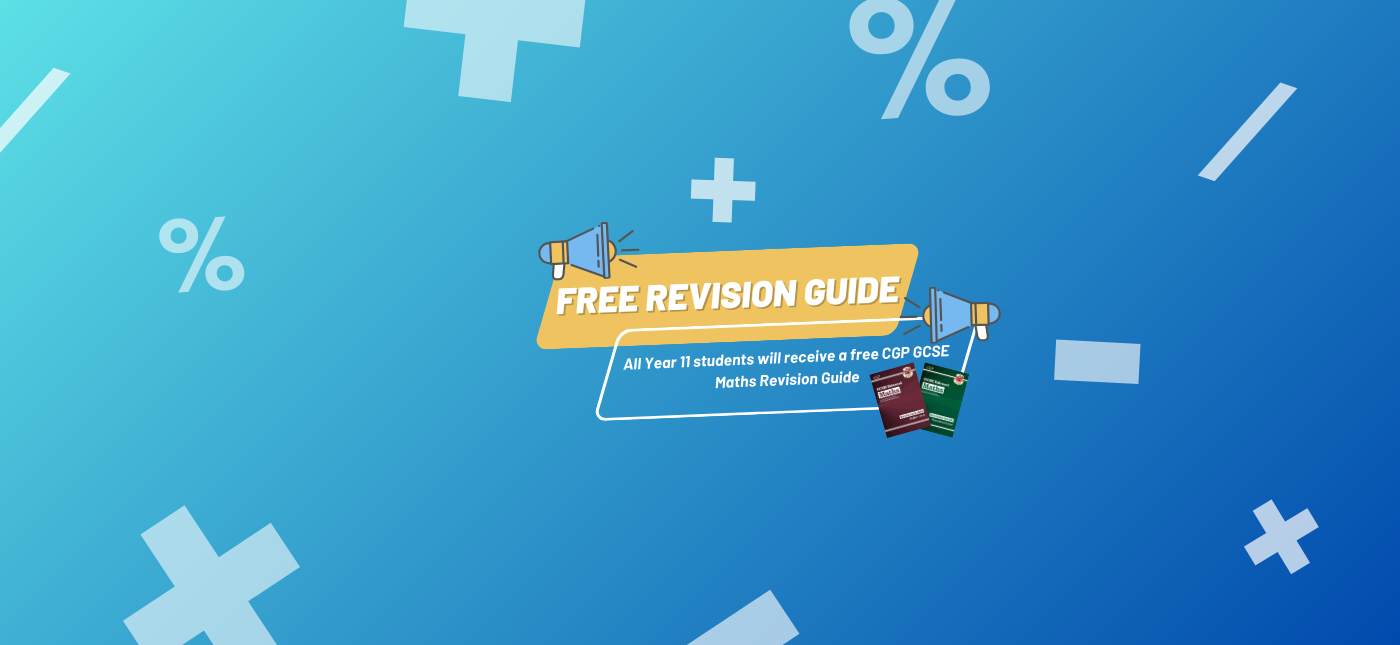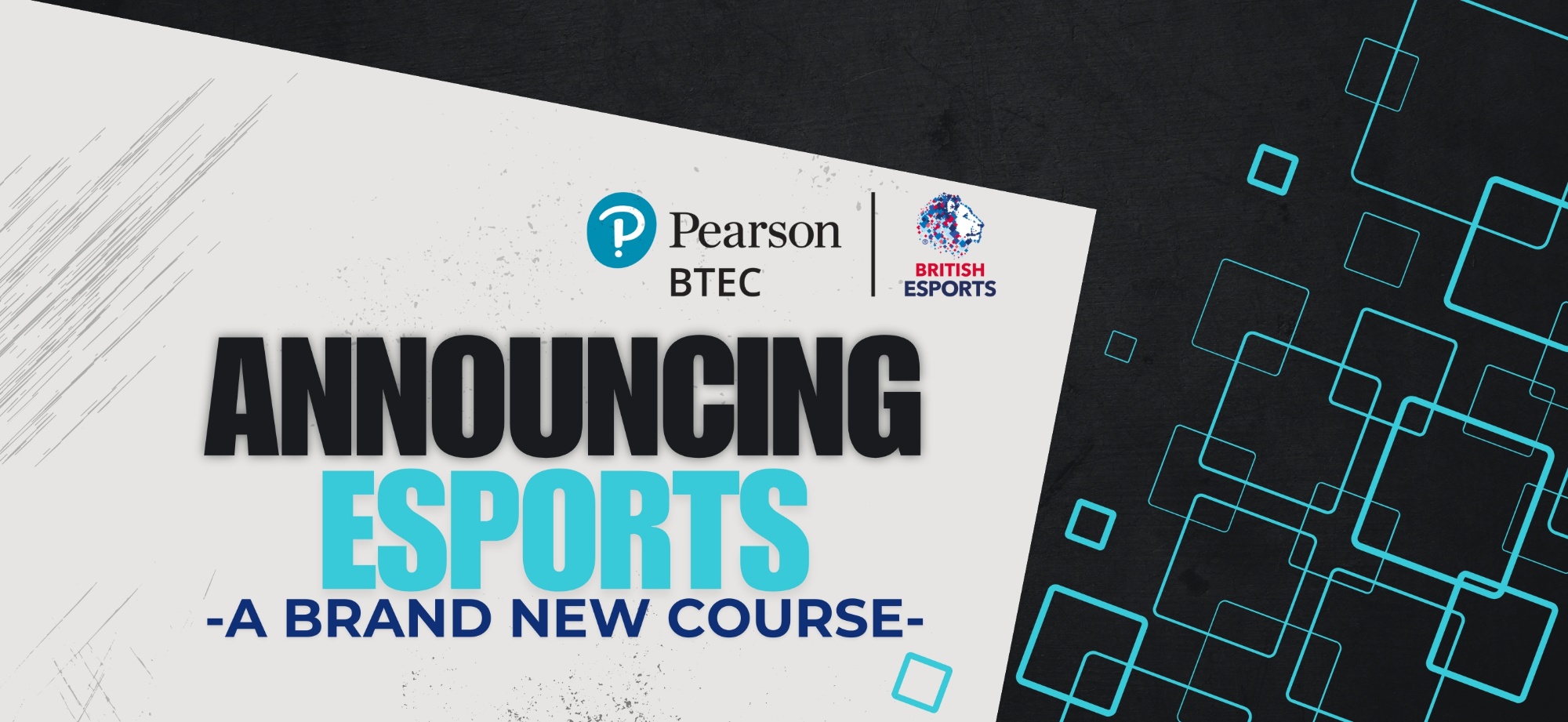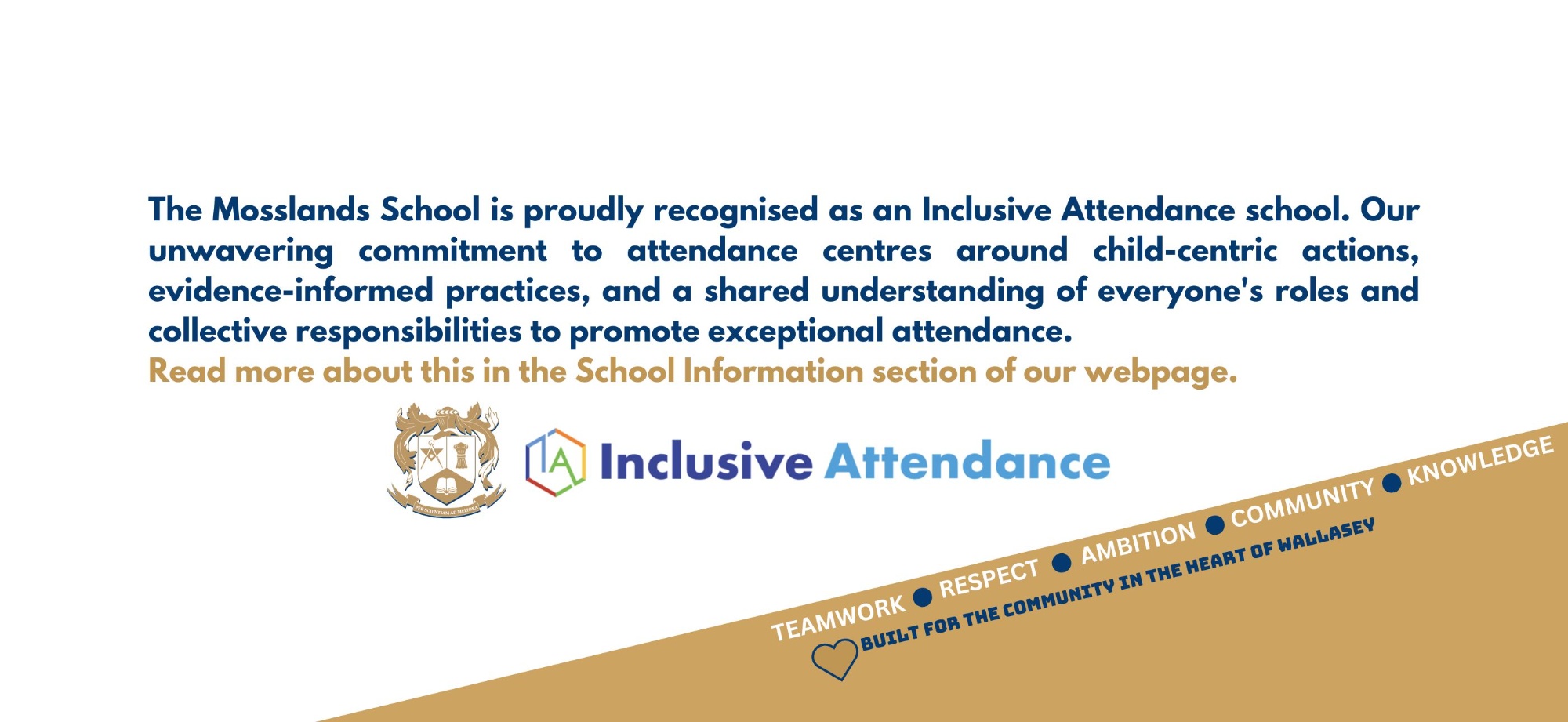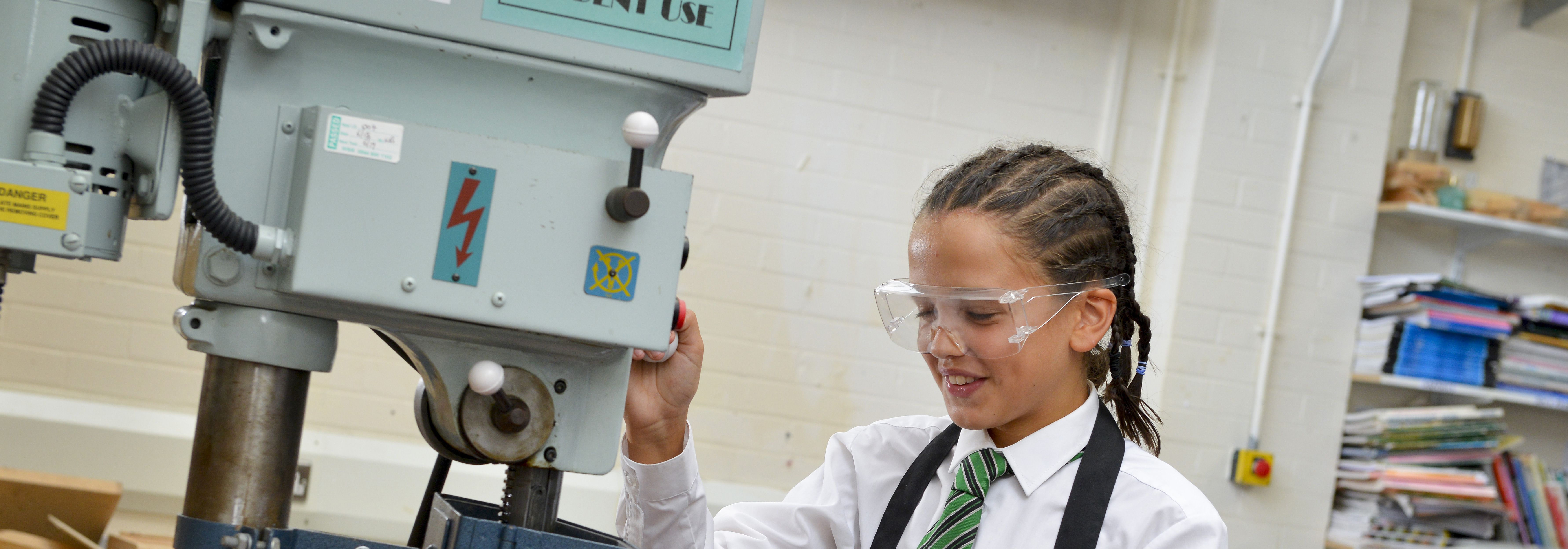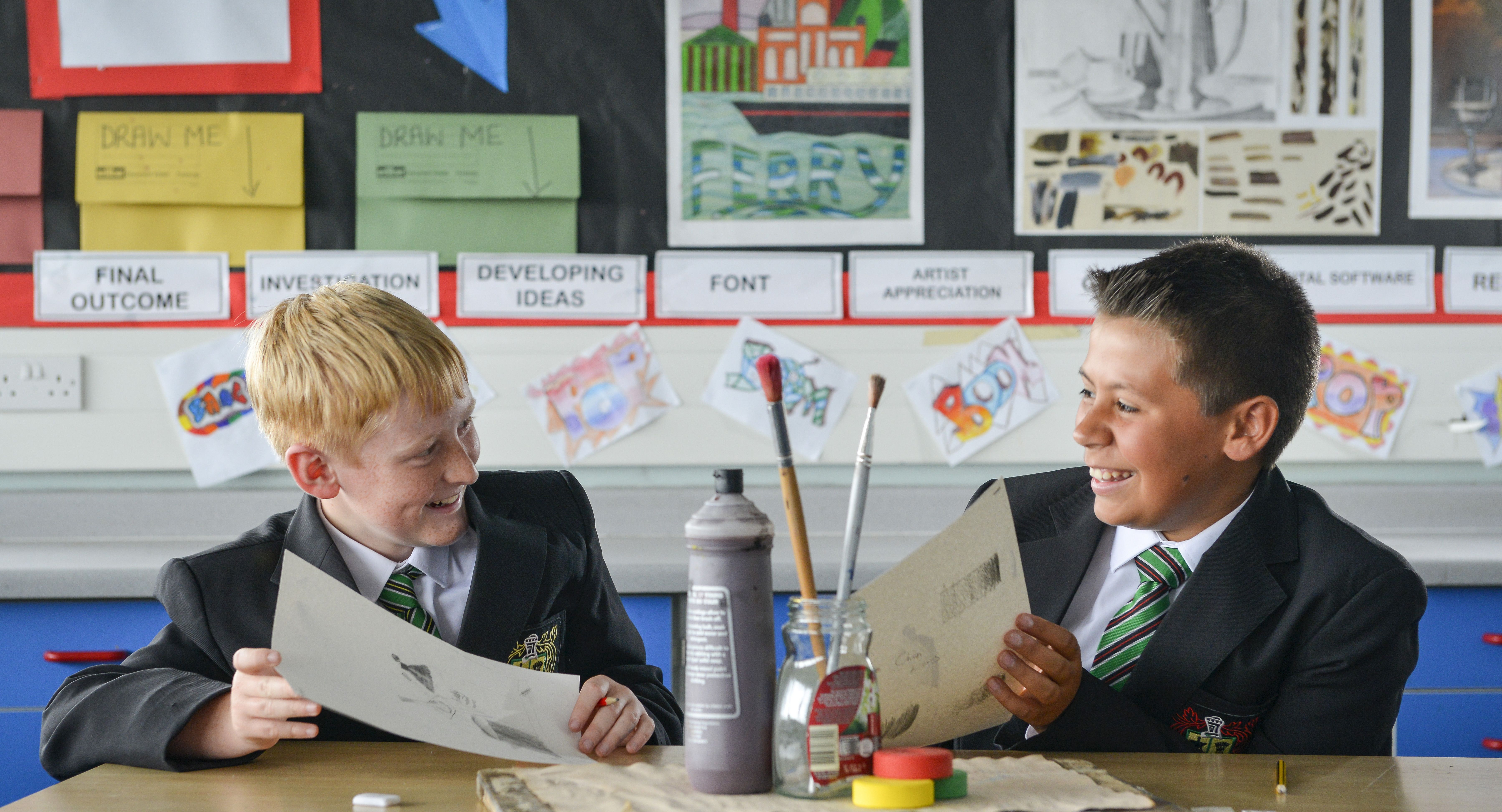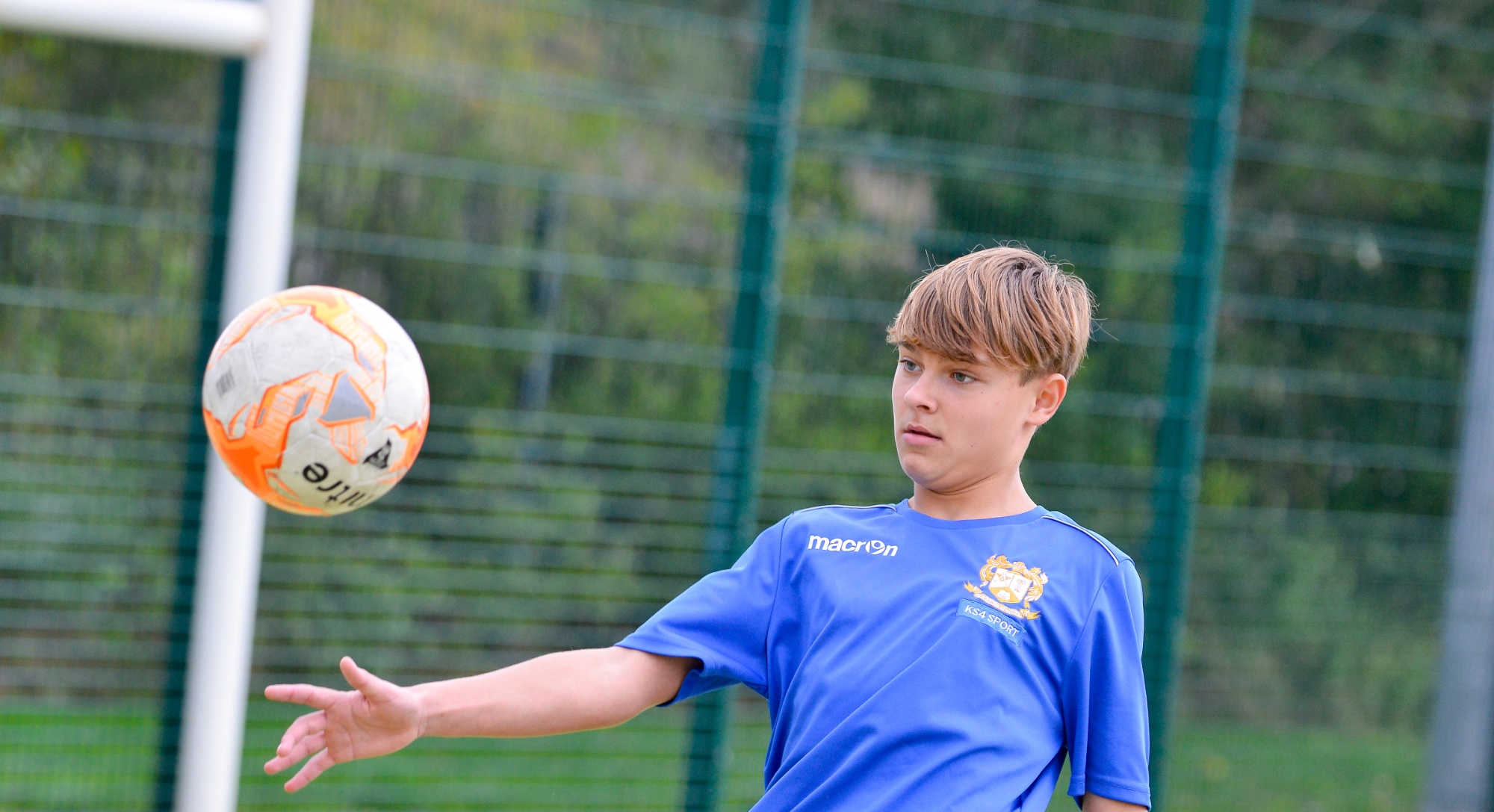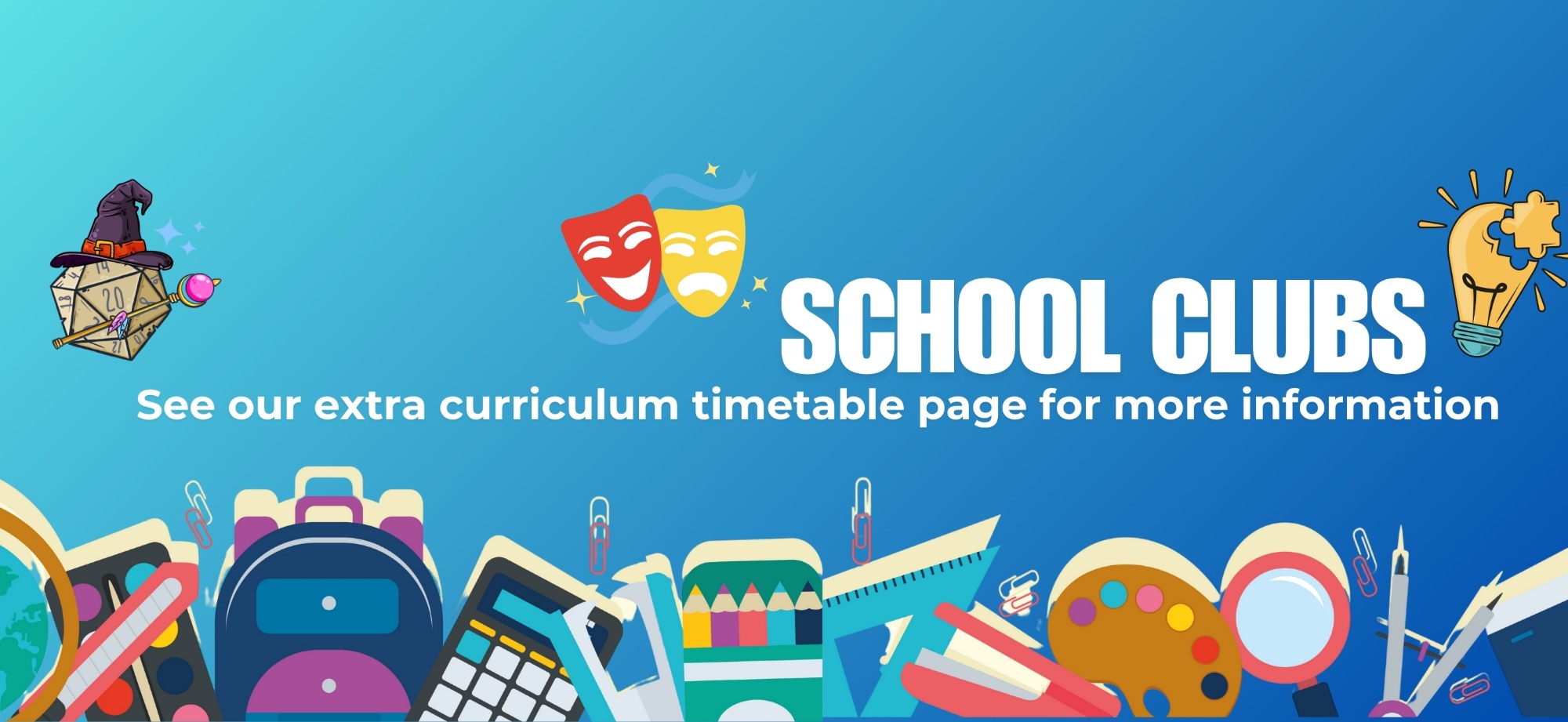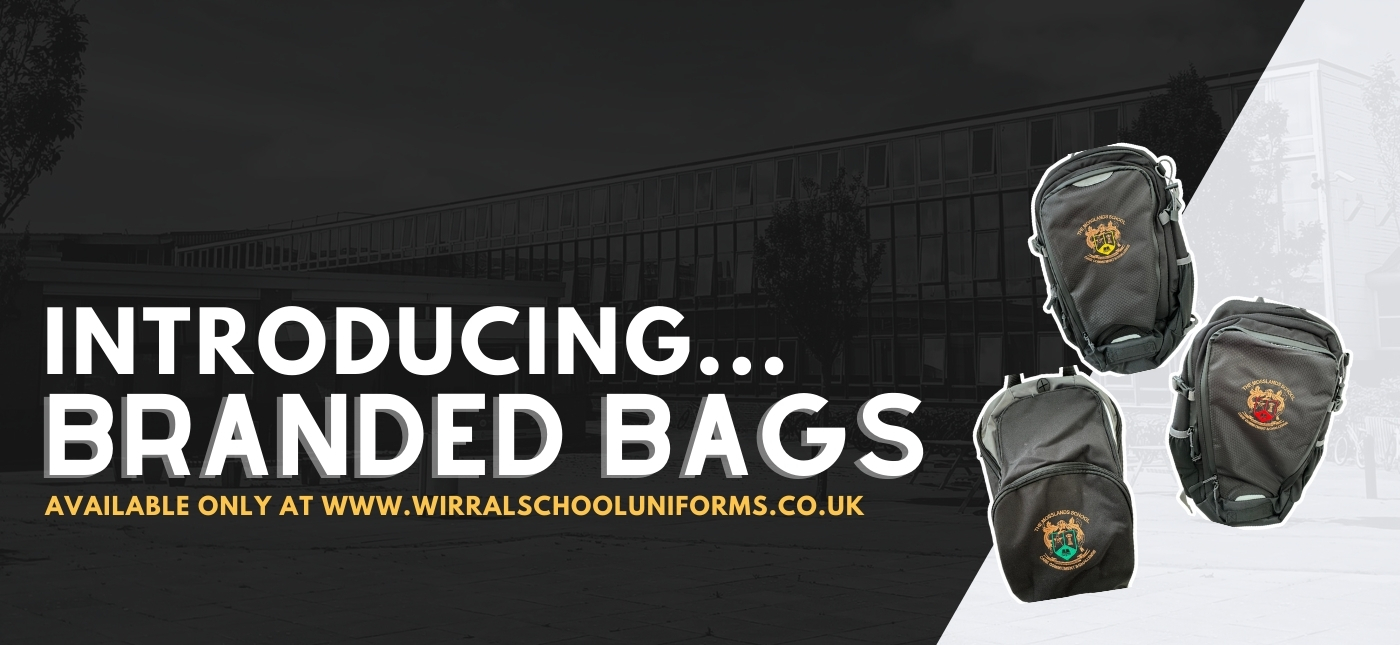Knowledge & Skills
The Knowledge and Skills overviews show the specific PSHE content students will learn in each unit of study throughout the year. These documents outline both the substantive knowledge (health information, social concepts, and economic understanding) and the disciplinary skills (self-management, relationship building, and critical thinking) that students will develop. Each unit is broken down to clearly identify what students need to know and what they should be able to do upon completion. Through the systematic development of both knowledge and skills, students build personal resilience, social awareness, and the capacity to make healthy, informed choices appropriate to their stage of learning.
Select a unit to find out more...
Relationships & Sex Education
| Unit Progress Criteria | |
| Knowledge | Skills |
|
Managing Unhealthy & Toxic Relationships (To determine what toxic behaviours are, and understand what steps can be taken to resolve or move past these types of behaviour. ) |
|
|
Repairing Relationships (To learn and practice strategies for repairing relationships.) |
|
|
Peer Pressure Survival Guide (Define peer pressure, understand how it feels, why it happens, and learn strategies to handle it better.) |
|
|
Together Against Bullying (To identify bullying behaviours, implement strategies to handle them and learn how to intervene as a positive bystander.) |
|
|
Online Relationships (To identify how to be safe online and understand the differences between online and in-person relationships.) |
|
|
The Many Forms of Relationships (To understand the qualities of different relationship types and to identify the types of relationships to foster in the future.) |
|
|
Understanding Consent (To acknowledge the importance of respectful communication in relationships and identify what constitutes legal consent for sexual activity.) |
|
|
Power Dynamics & Consent (To understand power in relationships, how it impacts consent, and how to establish boundaries.) |
|
|
Contraceptive Essentials (To compare the suitability of various methods of contraception for people with different lifestyles.) |
|
|
Discussing Pornography (To recognise the dangers of pornography on behaviours and attitudes towards sex.) |
|
|
Assessing The Trustworthiness of Others (To recognise warning signs of untrustworthiness in people and determine the appropriate response.) |
|
| Introduction to FGM (To define FGM, examine the myths surrounding it and identify actions to prevent it.) |
|
Health & Wellbeing
| Unit Progress Criteria | |
| Knowledge | Skills |
|
First Aid Beyond Emergencies (Understand basic first aid strategies, including treating cuts and grazes, sprains and strains, nosebleeds and making slings.) |
|
|
Oral Hygiene (To recognise the importance of oral hygiene in overall health and to identify effective habits that sustain it.) |
|
|
Health & Hygiene (To learn about hygiene, why it's important and how best to maintain it.) |
|
|
The Mind-Body Connection (Understand the mind-body connection and the science behind how physical exercise impacts mental health.) |
|
|
Drug Awareness (To become informed about drugs and to explore why some people might or might not choose to take illegal drugs.) |
|
|
Alcohol and Social Inhibitions (To identify the impact and consequences of alcohol and substance use on social situations.) |
|
|
Overcoming Limiting Beliefs (To develop a growth mindset and effectively handle limiting beliefs when encountering challenges.) |
|
|
Resilience Toolkit (To examine what makes a person resilient and build a resilience toolkit to use in the future.) |
|
|
Optimising Character Strengths (To evaluate the use of character strengths and determine the impact of underusing, overusing, and optimally using them.) |
|
|
Strengths-Based Thinking (To grow self-confidence by identifying my strengths, talents and unique abilities.) |
|
|
Taking Control With Worry Time (Determine the differences between worry and anxiety and apply strategies to help manage worry and anxiety.) |
|
|
Changing Emotions (To better understand my emotions and how they change with age, and have strategies to help manage strong emotions when they arise.) |
|
Living in the Wider World
| Unit Progress Criteria | |
| Knowledge | Skills |
|
Sharing Information Online (To understand the dangers of posting information online and what needs to be considered beforehand.) |
|
|
The Limitless Internet (To understand the dangers and avoid viewing and posting inappropriate content online.) |
|
|
Gender-Based Discrimination (Understand gender-based discrimination and develop strategies to challenge and prevent it.) |
|
|
Racism and Discrimination (Identify and combat racism and religious discrimination through understanding, awareness, and strategic action.) |
|
|
Homophobia (To examine homophobia, what it is, why it happens, and how we can stand up against it and become an ally.) |
|
|
Knife Crime (To recognise the problem of knife crime and its consequences. ) |
|
|
Drug Laws UK (To identify the laws around different categories of drugs and their corresponding penalties.) |
|
|
Exploring the Democratic Process (Identifying the key aspects of the democratic process.) |
|
|
How laws are made (To understand the structure of Parliament and how laws are made.) |
|
|
Religious Freedom in the UK (To identify the importance of religious freedom in society. ) |
|
|
The Role of the Courts & Tribunals (To compare the roles of tribunals and courts in the UK legal system.) |
|


